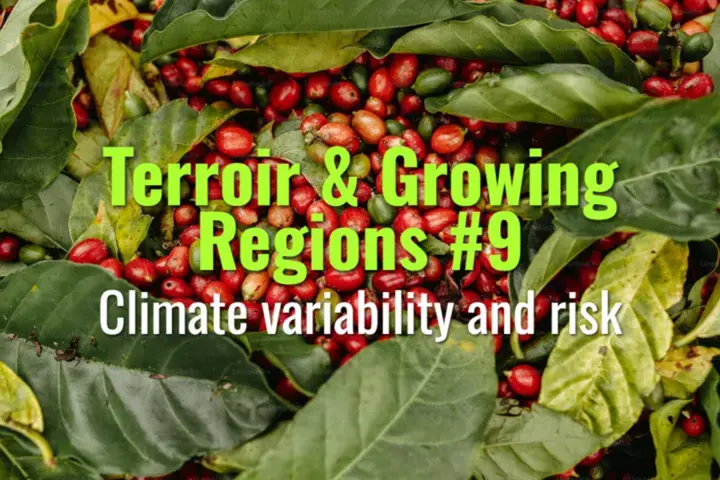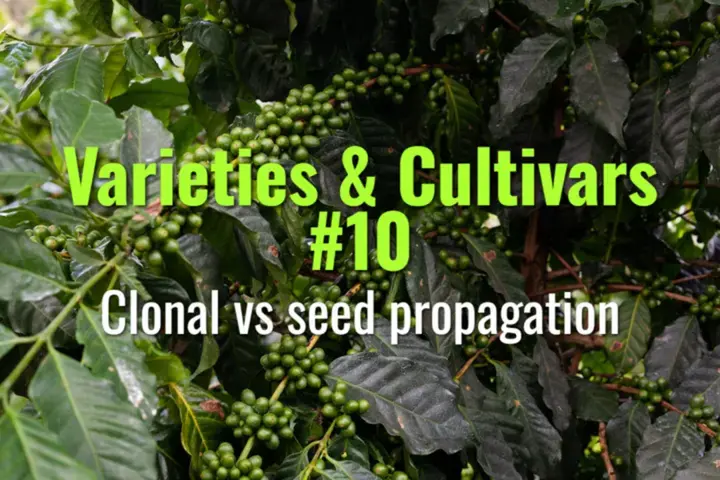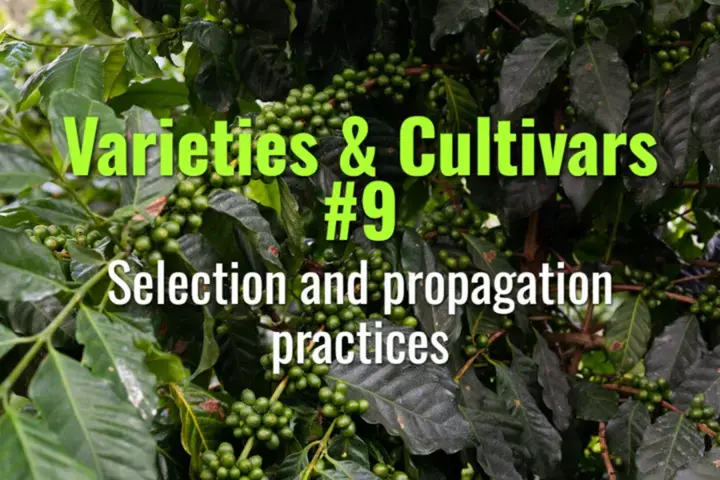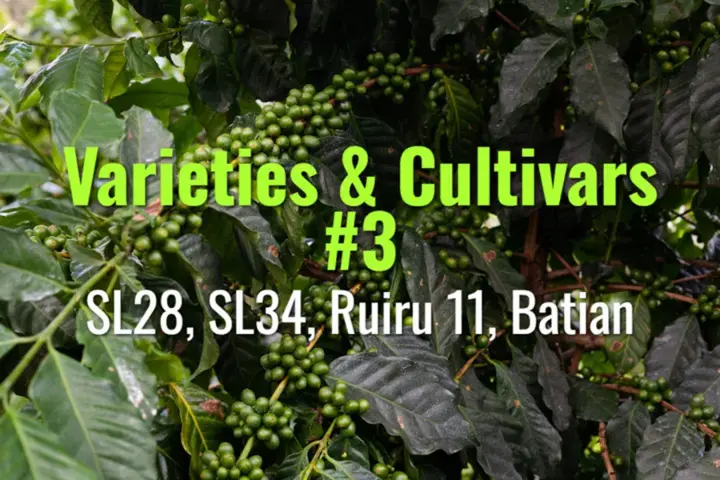
Climate variability and risk
This topic explores how climate variability and long-term climate change affect coffee production, the risks farmers face, and the strategies being developed to adapt and ensure sustainability.

This topic explores how climate variability and long-term climate change affect coffee production, the risks farmers face, and the strategies being developed to adapt and ensure sustainability.

This topic explains the two main methods of propagating coffee—clonal propagation and seed propagation—highlighting their differences, advantages, disadvantages, and implications for coffee farming.

This topic explains how coffee varieties are selected and propagated, the methods used to maintain genetic integrity, and the role of nurseries and farmers in ensuring healthy plantations.

This topic covers the history of the Gesha/Geisha variety, from its Ethiopian origins to its rediscovery in Panama, and explains why it has become one of the most celebrated and expensive coffees in the world.

This topic explores the key Kenyan-developed coffee varieties—SL28, SL34, Ruiru 11, and Batian—their origins, traits, flavor profiles, and significance for disease resistance and quality.

This topic introduces the genus Coffea, explains its major species, and outlines their biological traits, cultivation differences, and global significance.